How to Buy LNG in Nigeria with Wigmore Trading
How to Buy LNG in Nigeria with Wigmore Trading
Nigeria has become a hotspot for liquefied natural gas (LNG) trading in recent years. The country is the fifth-largest gas producer and third-largest gas exporter in Africa, making it an attractive target for foreign companies looking to invest in LNG trading. To learn more about the opportunities available and how to get involved as an investor or supplier, read on. This article provides information on how to buy or sell LNG as a trader in Nigeria as well as general information regarding the regulations of this business. The article also provides details on different types of traders, their roles, trading process, and some examples of trading arrangements that are common among smaller businesses who trade natural gas derivatives such as LCO and indexes versus physical delivery.
Nigeria LNG and LNG Trading Basics
Natural gas is a commodity that is traded in various markets around the world. These markets are often referred to as the “gas market” or “LNG market.” LNG is liquefied natural gas. It’s natural gas that has been cooled (to a temperature slightly below room temperature) to a liquid state so that it can be transported by ship. Trading LNG is a very technical business. To succeed as an LNG trader, you have to master a wide range of technical skills. You need to understand the markets for LNG, know how to buy and sell natural gas, and have an understanding of the large volume of data that is available in these markets.
Who Can Buy and Sell LNG in Nigeria?
Many companies have been trading LNG with Nigeria, but the business has become more competitive in recent years. Only companies that have the financial strength and are committed to the long-term businesses should attempt to enter the LNG trading business with Nigeria. Trading houses and marketing companies can trade natural gas on the spot market in Nigeria. Some Nigerian companies that have a long-term supply of domestic gas or LNG terminal capacity are also permitted to trade natural gas derivatives.
How to Buy and Sell LNG in Nigeria
Trading houses and marketing companies buy and sell gas on the Nigerian spot market. They price their contracts based on the current spot price. Differences in supply and demand will cause the spot price to move. The two most important factors that affect the LNG price in Nigeria are the price of crude oil and the price of natural gas in the United States via Henry Hub. The price of crude oil and Henry Hub prices are used as the underlying price for LNG pricing. Buying and Selling LNG in Nigeria is a simple process. This is the process that the Wigmore Group follows:
General Regulations for all Traders
Traders in Nigeria face certain risks, such as bad weather conditions, and political risk. Traders also face the risk of non-payment by their Nigerian customers. Therefore, all traders must have sufficient financial resources to hedge their risk exposure. Nigerian law requires that all traders obtain a valid license before they engage in LNG trading. Traders must also obtain insurance to cover the full value of their LNG cargoes. Traders should also consider the Nigerian tax system when pricing their contracts. The Nigerian government taxes LNG sales at the point of delivery. The tax rate is determined by the type of customer who purchases the LNG.
Wigmore Group’s Role in Nigerian LNG Trading
Wigmore Group is the leading LNG trading house based in London, UK who have been trading LNG for decades. Wigmore is a market maker who is always keen to buy and sell LNG on an end-to-end basis. Wigmore’s traders are experts in the LNG market. They know how to buy and sell LNG in all circumstances. The traders use sophisticated computer programs to track LNG prices and arrange deals with customers and other traders. The company’s trading model is flexible and customer-driven, meaning that they can source LNG from anywhere in the world and sell it to any customer, regardless of their end use. Wigmore may buy LNG from an offshore field, a new LNG facility, or a regasification facility. They may also buy LNG from a ship that is anchored off the coast of Nigeria. Wigmore’s trading model is based on excellent customer relationships, a deep knowledge of the LNG market, and ongoing research into the LNG and regasification market.
Final Words
LNG is the most traded commodity in the world with an estimated annual value of $350 billion. It is also the fastest-growing commodity in the global energy industry, and it is expected to continue this rapid growth in the coming decades. The LNG market is well established in Nigeria, and the country is expected to remain a key LNG exporter for decades to come. If you’re interested in becoming a trader and entering this exciting business, now is the time to start learning about the industry.


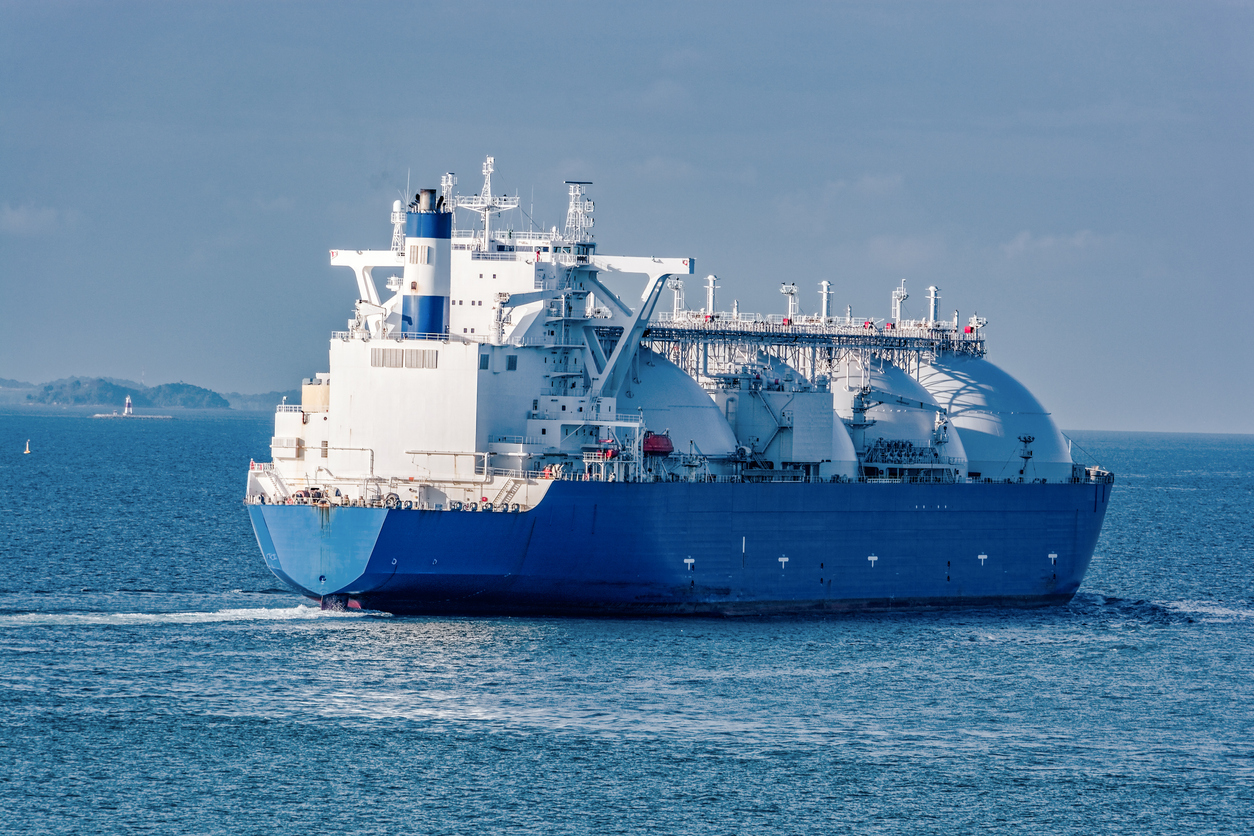
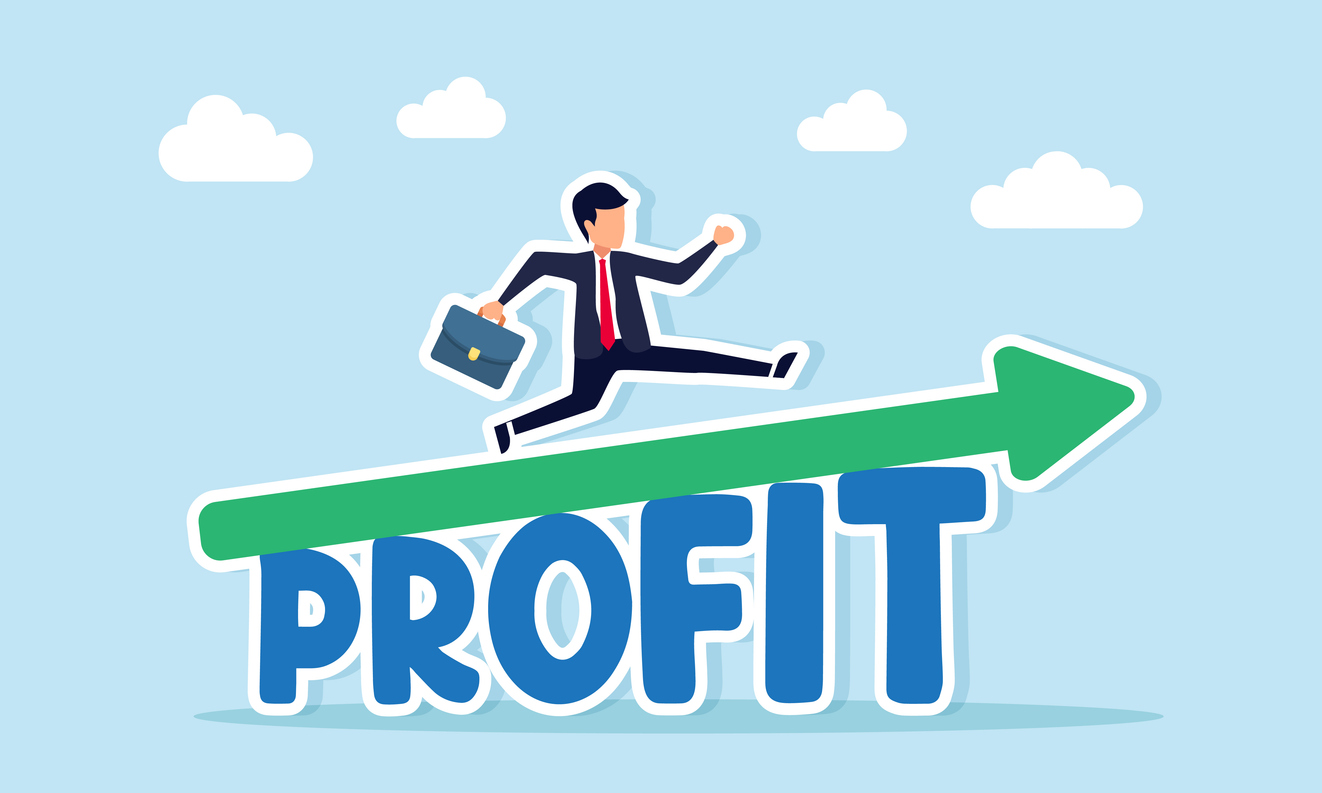
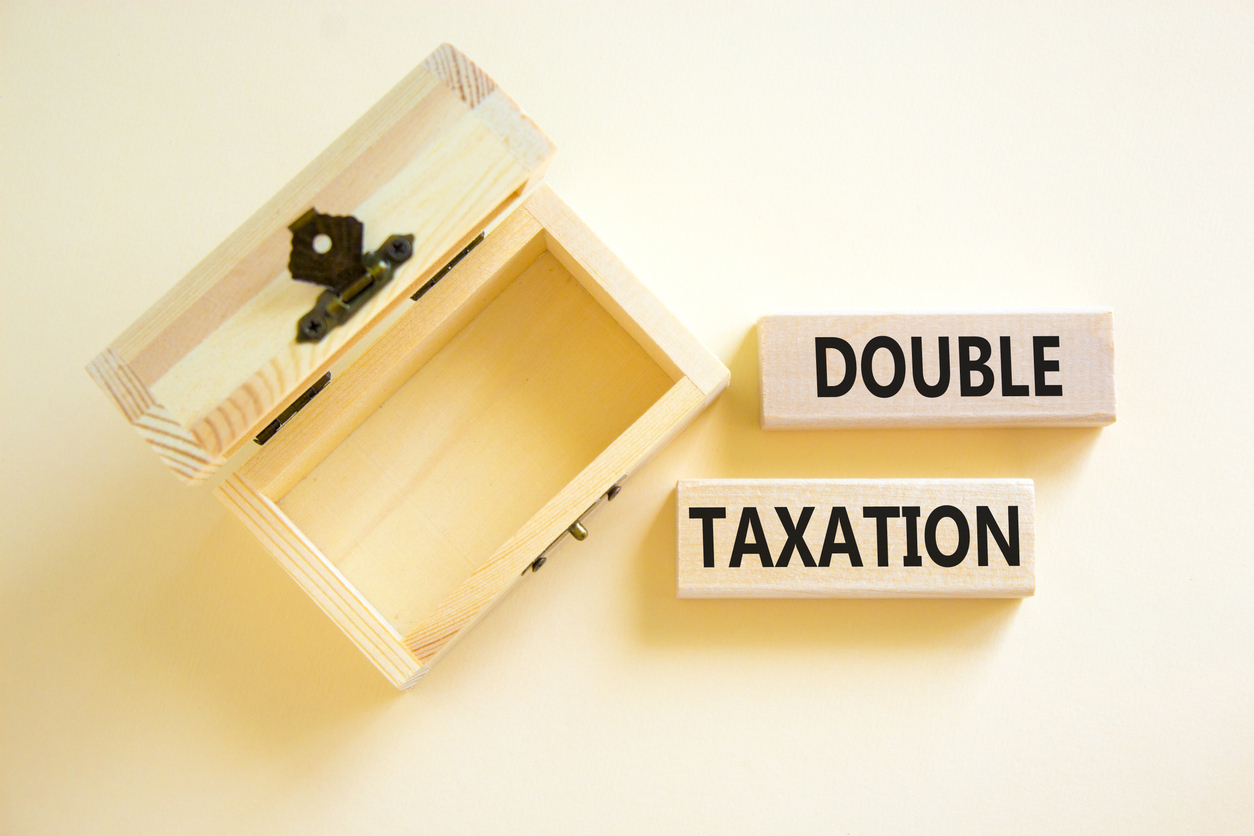
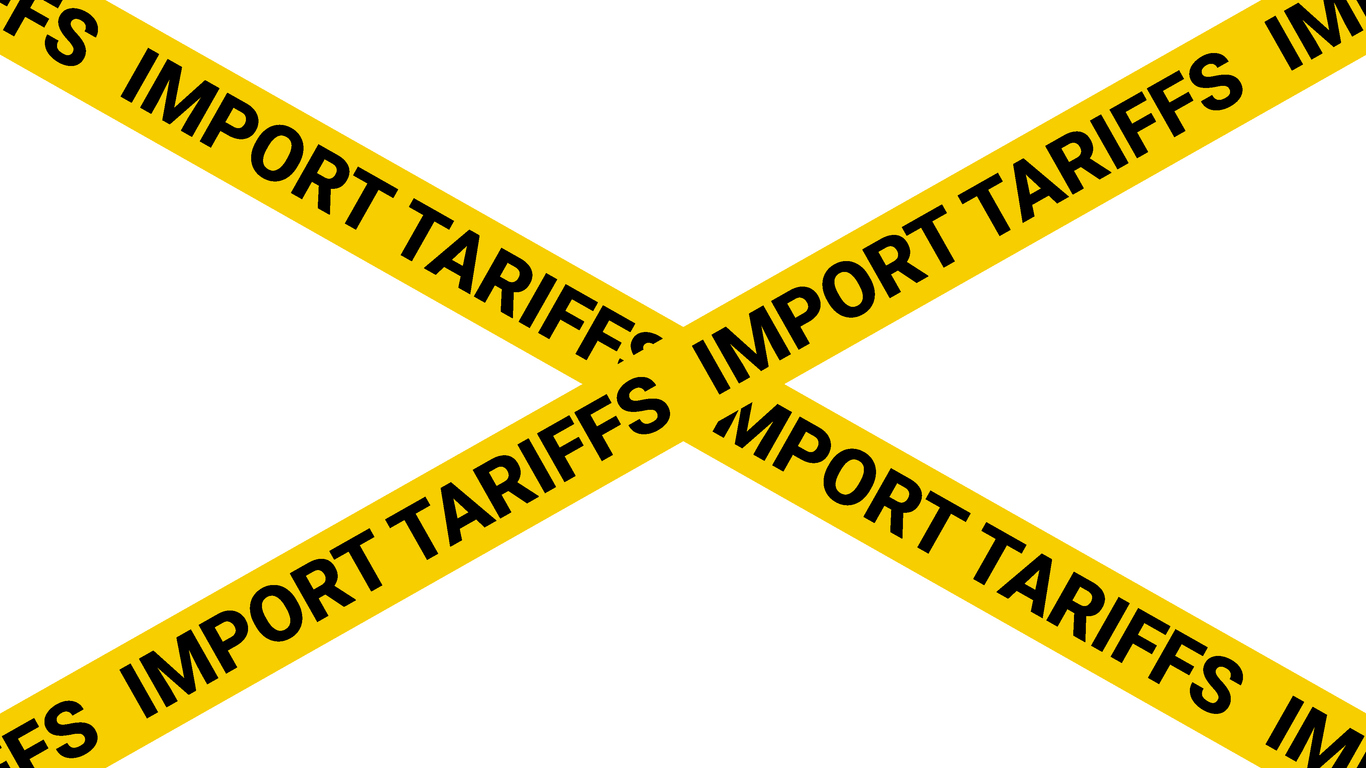
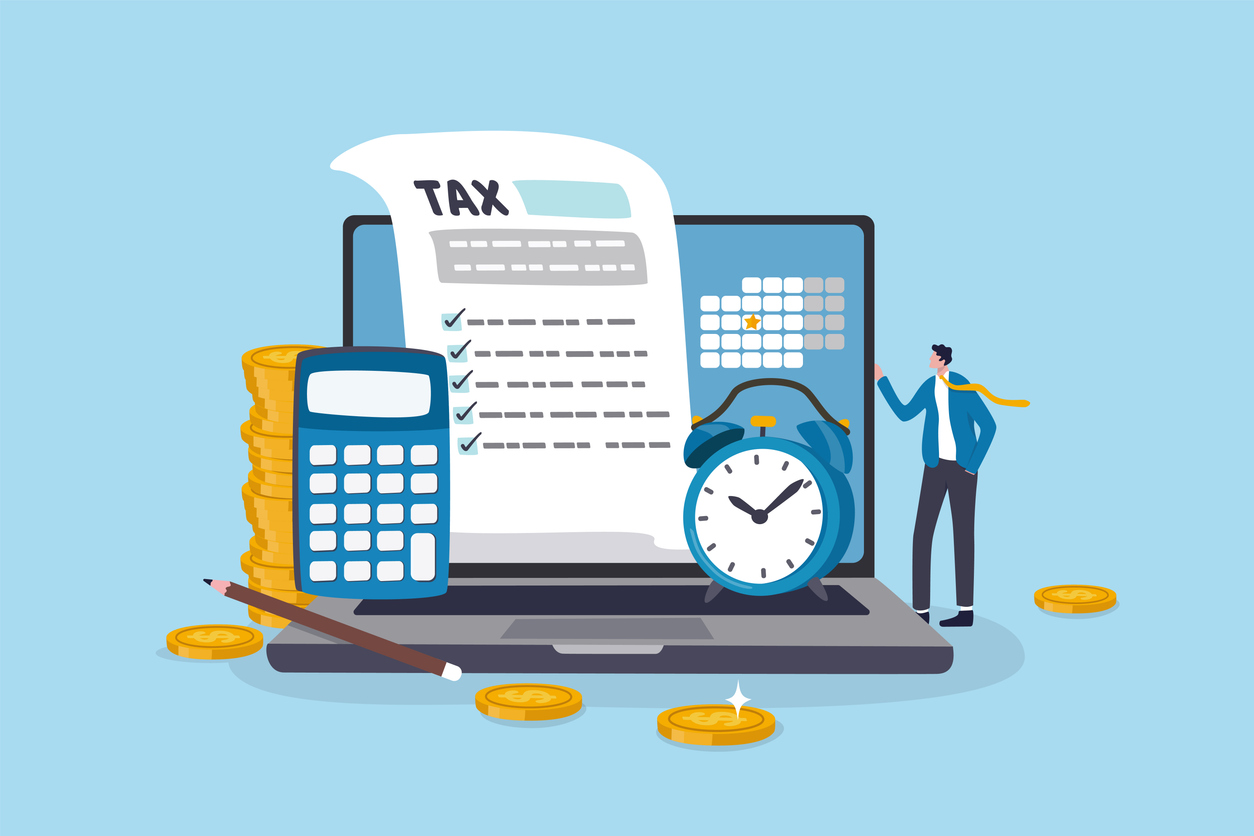
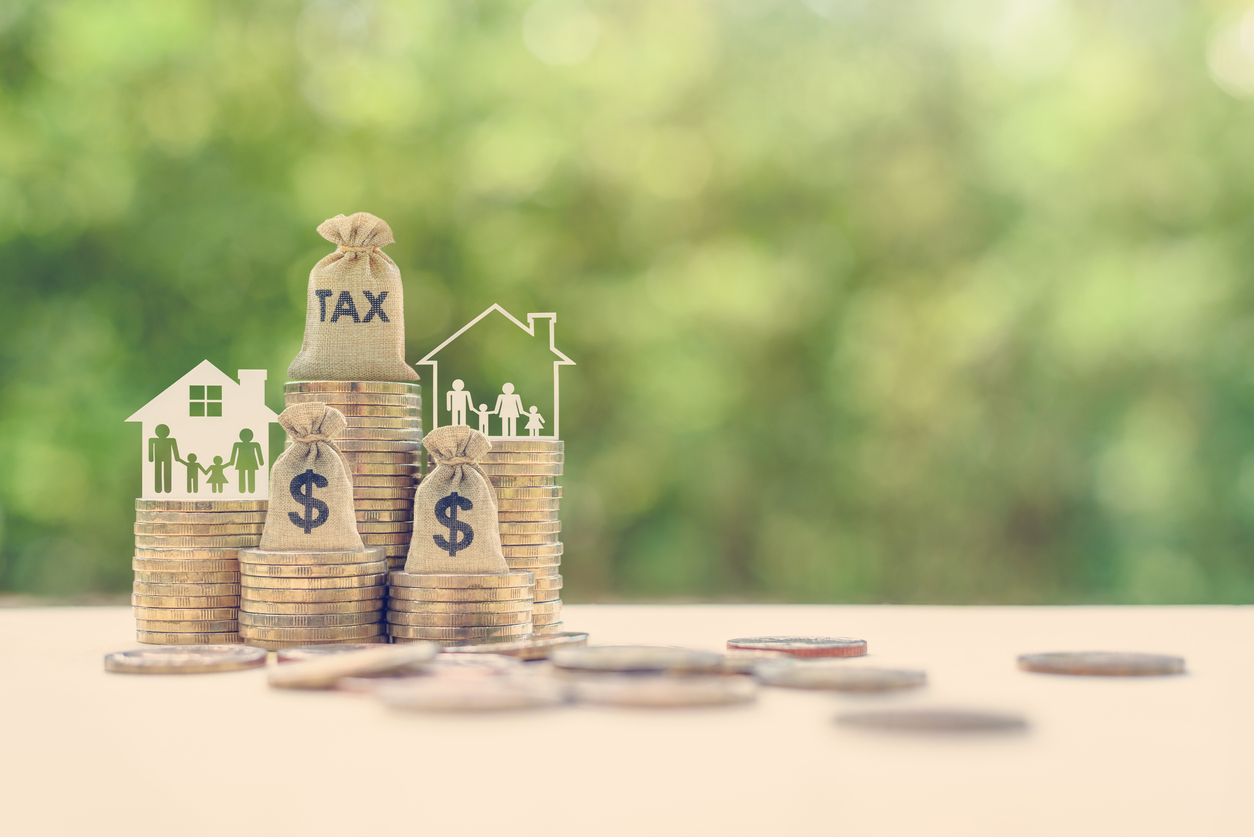
LEAVE A COMMENT
You must be logged in to post a comment.